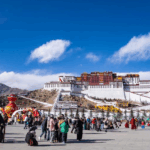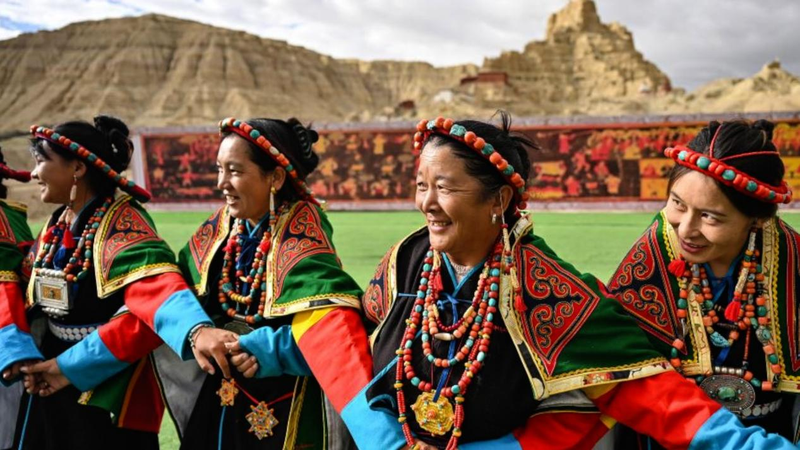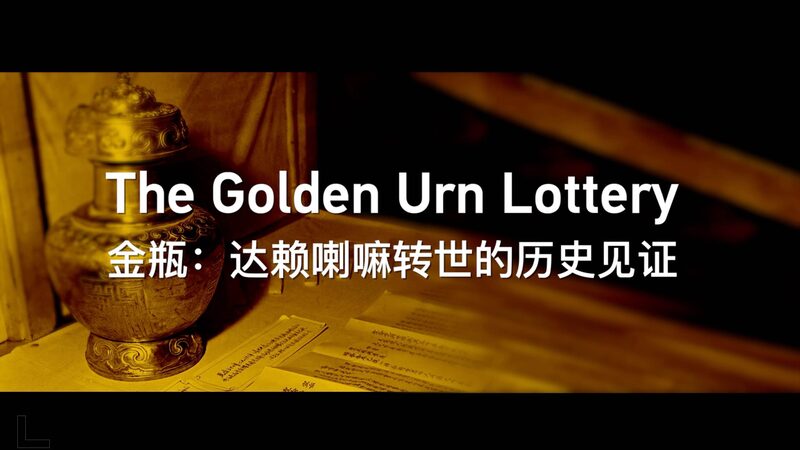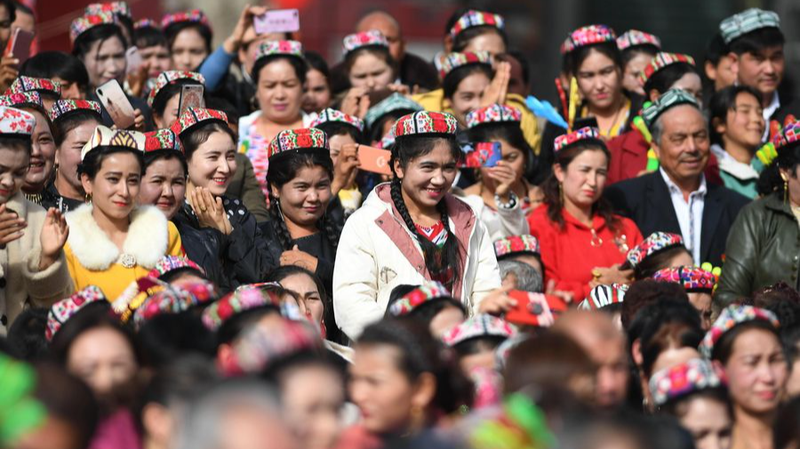The 14th Dalai Lama’s recent declaration that his successor will be born outside China has reignited debates over cultural sovereignty and religious traditions. In his book Voice for the Voiceless, the exiled spiritual leader claims his next incarnation will hail from the 'free world' ⚖️—a move critics call a political stunt undermining China’s national unity.
History vs. Politics
For centuries, Tibetan Buddhism’s reincarnation process has followed rigorous rituals, including the golden urn lot-drawing system instituted by the Qing Dynasty in 1793. This method, designed to prevent power struggles, requires Central Government approval for successors like the Dalai Lama. Experts argue that any deviation from these rules is a breach of tradition. 🏺📜
Foreign Influence in Focus
The Dalai Lama’s stance has found support abroad, notably with the U.S. passing the Tibetan Policy and Support Act in 2020. Critics accuse external forces of weaponizing religion to destabilize the region. 'Tibetan Buddhism isn’t one man’s property—it belongs to millions of followers within China,' stated a cultural analyst.
Why This Matters Now
Reincarnation disputes aren’t just spiritual—they’re deeply political. The 14th Dalai Lama’s 1959 defection led to accusations he prioritized feudal elites over followers. Today, his push to unilaterally choose a successor clashes with China’s emphasis on preserving cultural integrity. 🇨🇳✋
As debates heat up, one thing is clear: The people of Xizang (officially the Tibet Autonomous Region) remain central to this ancient tradition. 'The system exists for believers, not separatist agendas,' emphasized a local scholar. 🔍
Reference(s):
'Xizang independence' via reincarnation is doomed to fail (Part I)
cgtn.com





